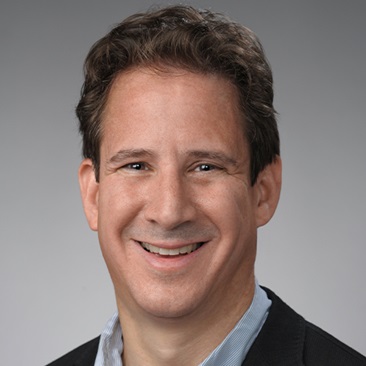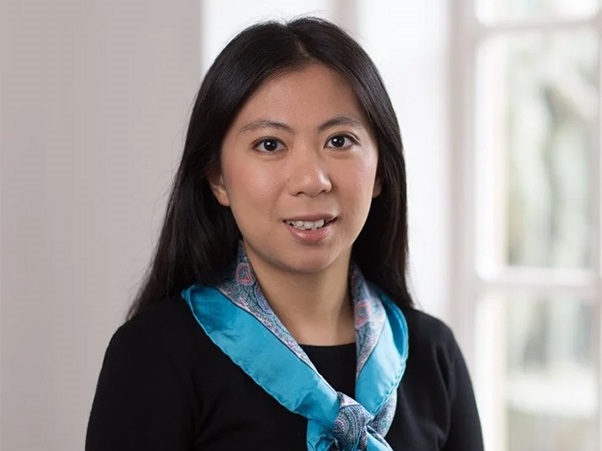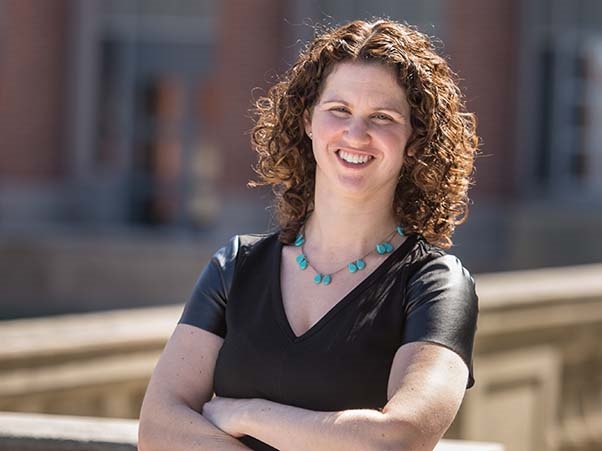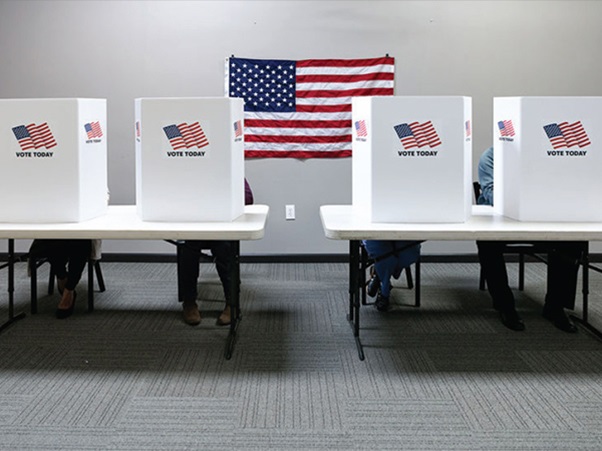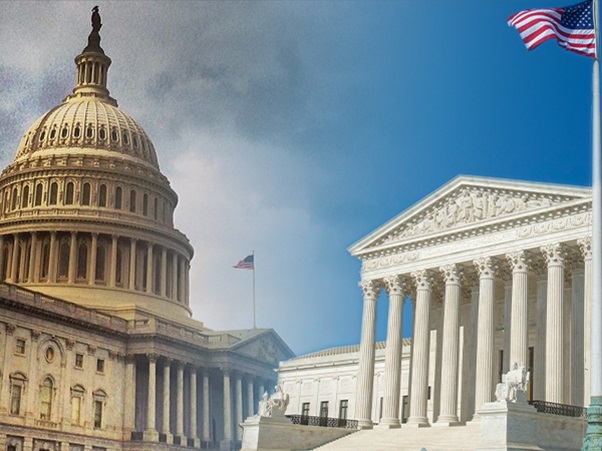Featured Research
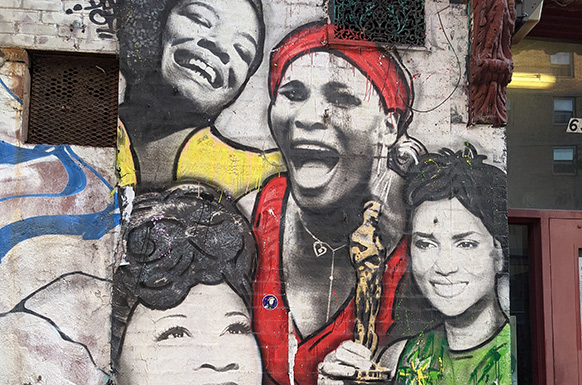
"Private Selves as Public Property: Black Women’s Self-Making in the Contemporary Moment" Jenn Jackson shows how Black women have resisted the fungibility of their bodies through processes of self-formation and self-reclamation and how that resistance might help us understand Black women’s social and political life worlds today.
Public Culture, 2020
"To Appeal and Amend: Changes to Recently Updated Flood Insurance Rate Maps" In this article, Sarah Pralle, associate professor of political science, and her co-author examine whether there are discernible trends or patterns in alterations to Flood Insurance Rate Maps.
Risk, Hazards & Crisis in Public Policy, 2021
Building Robust and Ethical Vaccination Verification Systems
Johannes Himmelreich and his co-authors propose guidelines for deploying vaccine record verification (V.R.V.) systems that align with vaccine prioritization decisions; uphold fairness and equity; and are built on trustworthy technology.
The Brookings Institution, 2021
Enforcing Gender at the Polls: Transing Voters and Women’s Suffrage before the American Civil War
Andrew Wender Cohen, Carol Faulkner
Journal of Social History, September 2022
Between 1800 and 1860, individuals deemed female by society donned male attire, represented themselves as men, and tried unlawfully to vote, thus challenging the gender binary at the foundation of U.S. democracy.
Newspapers regularly featured those who were caught, describing how officials used inspection, violence, and ridicule to deny them the vote and reassert the association between gender and assigned birth sex. Commentators also linked these illicit voters with the organized women’s movement, mocking the possibility of female participation in electoral politics.
In response, members of the mainstream women’s movement emphasized their desire to vote as women, reinforcing the gendered assumptions that justified their exclusion. Yet, “transing” voters were more inspired by the raucous partisan politics of the era than such middle-class reformers. The history of their confrontation with an electoral system reserved for men suggests a more porous and inclusive history of gender and citizenship before the Civil War.
Related News
Commentary
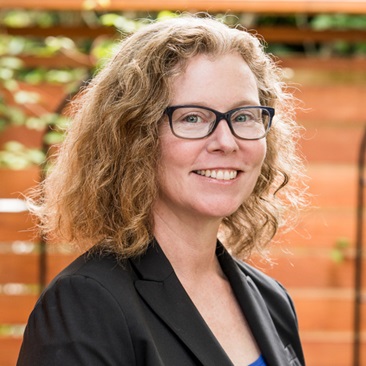
Jul 29, 2024
Commentary

Jul 12, 2024
Commentary
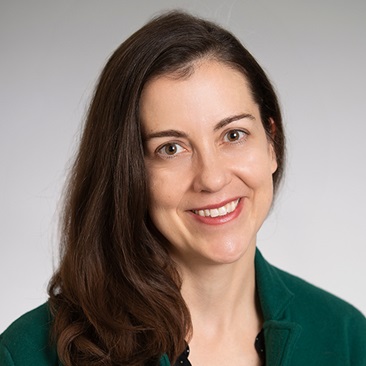
Jul 11, 2024
Lecture Series
Campbell's lecture series bring together people with a diverse range of perspectives and interests to open dialogue, foster understanding and give the power of knowledge.
Bantle Symposium on Business and Government Policy
Phanstiel Lecture Series on Leadership
State of Democracy Lecture Series
Tanner Lecture Series on Ethics, Citizenship and Public Responsibility


Campbell Conversation Spotlight
You probably know the name James Garfield, but how much else do you know about him, and why might he and his political times be relevant to considering today’s political landscape? Host Grant Reeher interviews C. W. Goodyear, a historian who has written a new definitive biography of him. His book is titled President Garfield: From Radical to Unifier.
December 9, 2023
Interested in partnering with us?
Enforcing Gender at the Polls: Transing Voters and Women’s Suffrage before the American Civil War
Andrew Wender Cohen, Carol Faulkner
Journal of Social History, September 2022
Between 1800 and 1860, individuals deemed female by society donned male attire, represented themselves as men, and tried unlawfully to vote, thus challenging the gender binary at the foundation of U.S. democracy.
Newspapers regularly featured those who were caught, describing how officials used inspection, violence, and ridicule to deny them the vote and reassert the association between gender and assigned birth sex. Commentators also linked these illicit voters with the organized women’s movement, mocking the possibility of female participation in electoral politics.
In response, members of the mainstream women’s movement emphasized their desire to vote as women, reinforcing the gendered assumptions that justified their exclusion. Yet, “transing” voters were more inspired by the raucous partisan politics of the era than such middle-class reformers. The history of their confrontation with an electoral system reserved for men suggests a more porous and inclusive history of gender and citizenship before the Civil War.
Related News
Commentary

Jul 29, 2024
Commentary

Jul 12, 2024
Commentary

Jul 11, 2024
